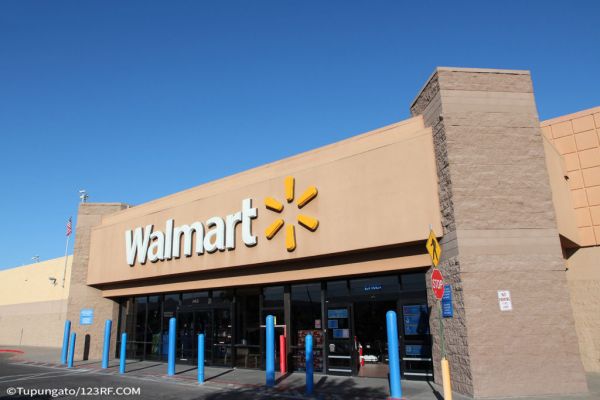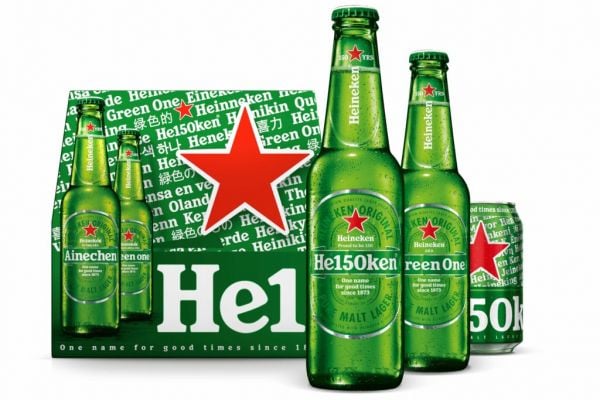Krzysztof Trylinski brought a five-year battle for control of Belvedere SA (BVD) to an end in March 2013 with a deal that handed control of the French vodka-maker to bondholders. “The war is over,” the chairman said.
France is seeking to shorten restructuring disputes after more than 63,000 companies filed for insolvency last year, the most since 2009, according to data compiled by Altares SAS, a French information provider. Creditor advisers say the plans, which come into force on July 1, aren’t sufficient to allow lenders to take control of ailing businesses.
“This reform doesn’t go far enough,” said Arnaud Joubert, a Paris-based restructuring adviser at Rothschild who’ll be speaking today at a conference in the French capital on the new rules. “The most important element that’s missing in this reform is the possibility to remove a company’s shareholder when he is acting unreasonably.”
The measures include encouraging the use of a court-appointed mediator and giving lenders the right to submit an alternative restructuring plan. Two proposals, allowing lenders to eject controlling shareholders and order a valuation of a borrower before restructuring talks, weren’t included in the final version of the rules, according to Patrick d’Herouville, the Paris-based head of value preservation at BNP Paribas, who’ll also be speaking at the conference organized by research group Droit et Croissance.
Ownership Rights
“In France, the shareholder is king in order to uphold ownership rights,” said d’Herouville. “Creditors also have rights with regard to the ownership of their debt and these are not taken into account as much.”
It takes an average of 1.9 years to resolve an insolvency process in France, compared with 1.5 years in the U.S. and one year in the U.K., according to data compiled by the World Bank as of June 2013. Creditors recover an average of 48 percent of their claims in France, 82% in the U.S. and 89% in the U.K., the data show.
This year’s reforms, passed by French lawmakers last month, do provide more sophisticated tools to restructure companies’ debt, said Laurent Assaya, a restructuring and distressed mergers and acquisition specialist at law firm Jones Day based in Paris. “If a company has to sell assets, this option will now be considered in mediation and conciliation proceedings before it files for liquidation.”
‘Sauvegarde’ Rules
Belvedere sought protection from its creditors in 2008 using “Sauvegarde” rules introduced two years earlier. The procedures gave companies time to reorganize provided they are solvent and deemed incapable of overcoming their difficulties. The rules were amended in 2010 with the introduction of a faster version of these proceedings.
The new measures create a third form of Sauvegarde which may confuse foreign investors, according to BNP Paribas’ d’Herouville. “It’s complicated in comparison with jurisdictions like the U.S. and the U.K. where things go fast and well and where the regimes have been stable.”
Vivarte SAS, a French retailer, chose last month to start a time-limited mediation process known as ‘conciliation’ to help restructure €2.8 billion ($3.9 billion) of debt. Directories company Solocal Group (LOCAL) plans to use the accelerated Sauvegarde mechanism to make all its lenders accept a debt extension request, it said last week.
Legal Battles
Belvedere’s Trylinski handed an 87 percent stake in the maker of Sobieski vodka to creditors in last year’s restructuring deal. The Beaune, France-based company sought court help after breaching terms of its debt, triggering years of legal battles in courts across France, the U.K. and Poland.
The restructuring illustrates some of the biggest shortcomings in France’s legal framework, that proceedings are “generally too long and unpredictable,” according to authors including Helene Bourbouloux, a judicial administrator, writing in The International Insolvency Review, published in October. “In a U.S. Chapter 11 proceeding, Belvedere’s shareholders would probably have been written off entirely from the outset.”
Bloomberg














